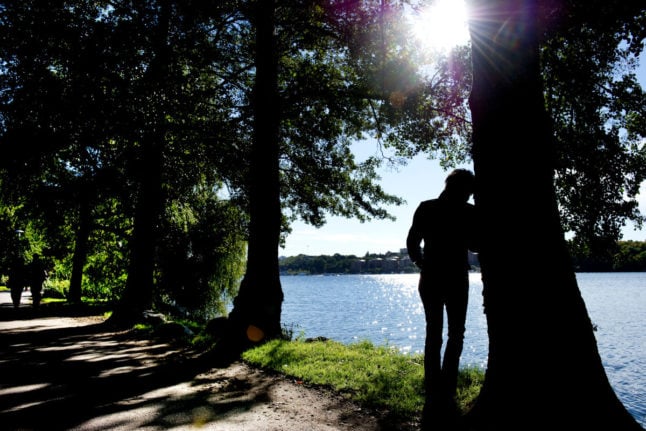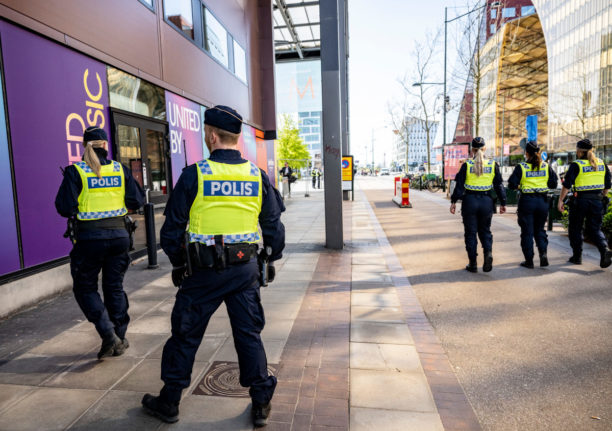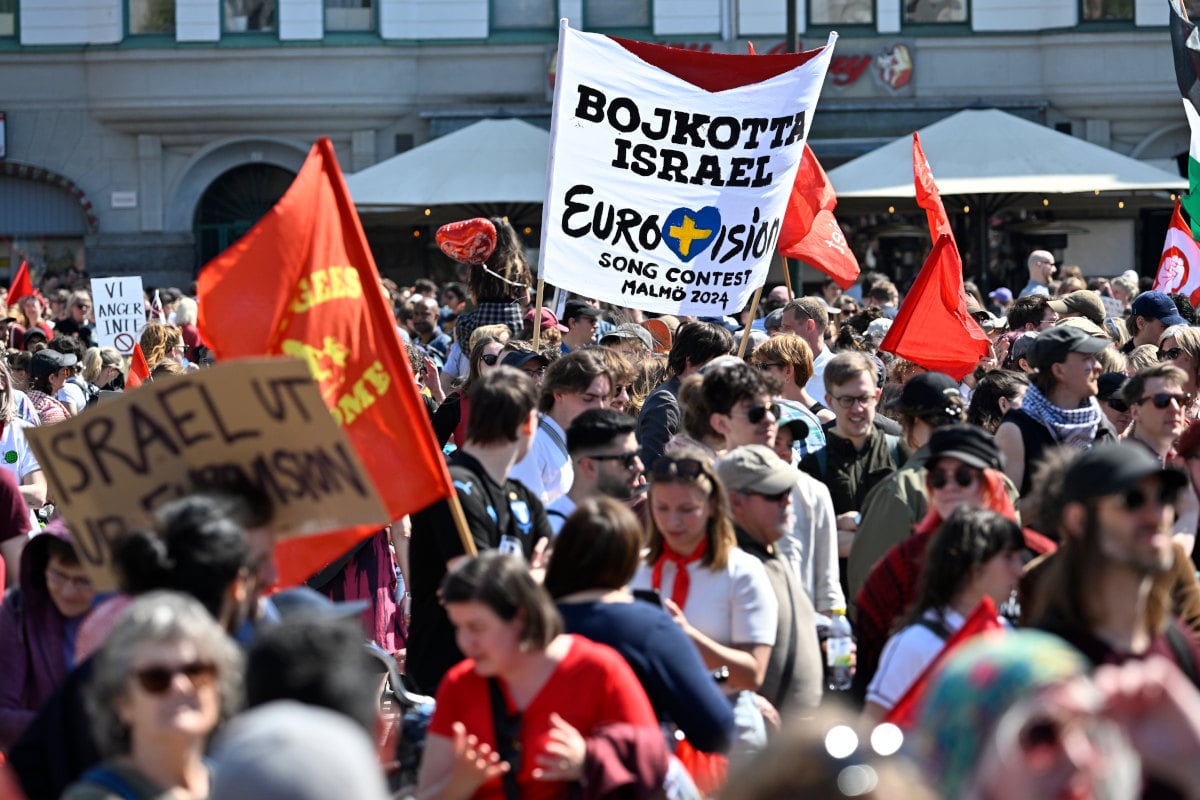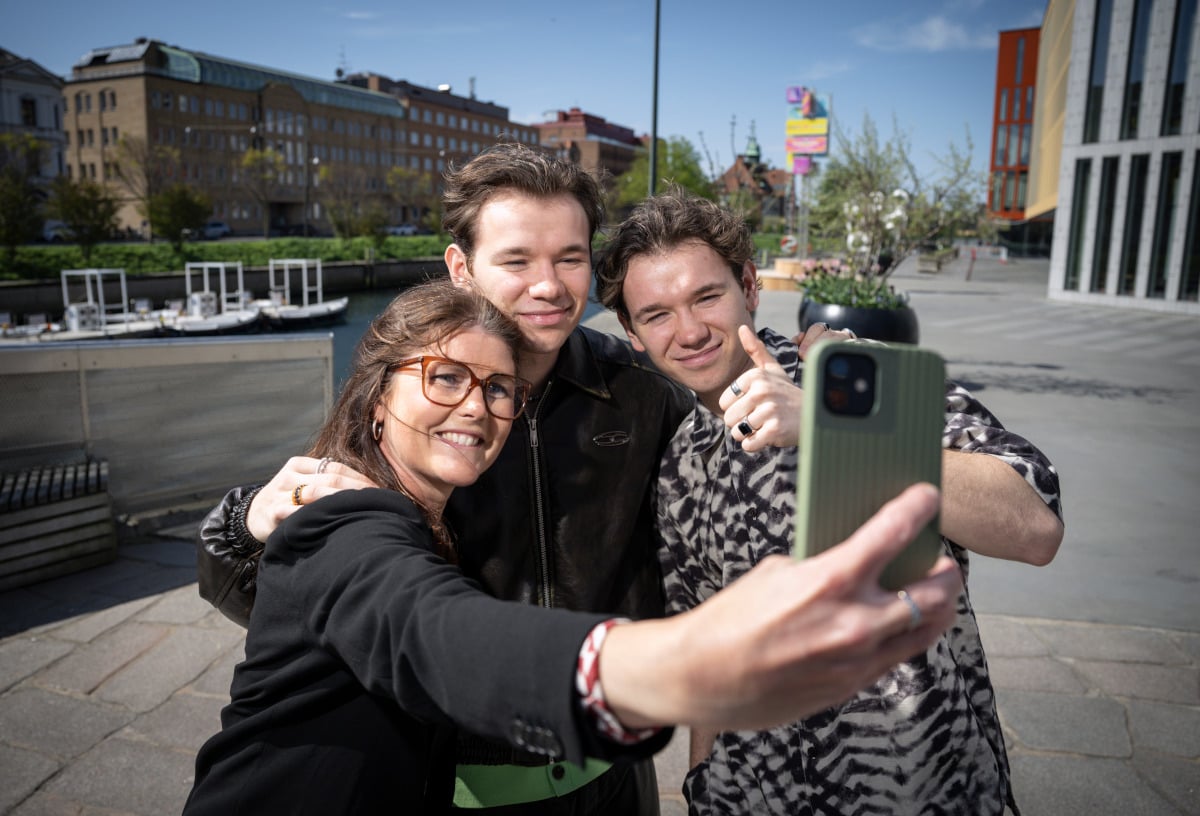“It’s statistically proven that between 610,000 and 720,000 people aged 16 and above don’t have a close friend. That corresponds to seven to eight percent of the population at that age,” said Statistics Sweden analyst Thomas Helgeson in a statement.
It’s more than twice as common for foreign-born people not to have a close friend.
Around 13 percent of Sweden’s foreign-born population don’t have a close friend, compared to six percent of native-born Swedes (the figure is roughly the same for the entire group of people born in Sweden, regardless of whether they have foreign or Swedish parents).
There’s a gap between the sexes too. Nine percent of men and six percent of women don’t have a close friend.
READ ALSO:
There’s a similar gender gap among foreign-born residents in Sweden, of whom more than 15 percent of men said they don’t have a close friend, compared to almost 11 percent of women.
And finally, the more highly educated people are, the greater the chance of close friendship.
More than 12 percent of people without a Swedish high school diploma said they lacked a close friend, compared to just over five percent of those with a university degree of at least three years.
Have you managed to find friendship in Sweden? We’d like to hear about your experiences. Please fill out the survey below – we may use your answers in a future article on The Local. If the survey doesn’t appear for you, click this link.





 Please whitelist us to continue reading.
Please whitelist us to continue reading.
True and so annoying